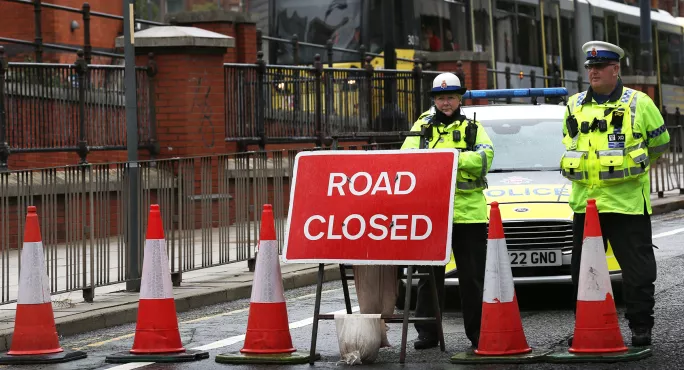Why it’s time governors stopped ruling on exclusions

School and trust governance workload has been substantial for some time, but in recent years it’s been growing rapidly and now it is becoming overwhelming.
In an effort to understand this situation better, the National Governance Association (NGA) has published a report that draws on the insights from over 2,500 governors on the pressures that they face - and what they think could change.
In this research, one issue came up repeatedly: exclusion reviews.
Currently, governing boards are required to consider certain instances of suspension and all instances of permanent exclusion and decide whether to uphold the head’s decision or reinstate the pupil.
In doing so, a governing board panel has to establish the facts of the case and determine whether that decision was lawful, reasonable and procedurally fair. There can be further work if an independent review panel is then requested by parents.
The well-documented increase in the number of exclusions is resulting in more review panels. Panels require additional meeting time, huge amounts of preparation and specific training, and they can have an impact on relationships with leaders that may skew decision making.
They can also be emotionally exhausting, with the depressing reality that exclusion has significant ramifications for a child’s future prospects. Chairing the panel can be particularly challenging, given the requirement to mediate between parties and ensure that the meeting is procedurally sound.
Taking all of this into account, the escalation in review panels is an unsustainable expectation for those who are already spending so much time, thought and energy on governance. What’s more, though, we believe they fall outside the scope of what governance should actually be about - for several reasons.
Why school governors shouldn’t do exclusion reviews
1. Exclusions fall outside the realm of strategic work
Governors and trustees rarely get involved with individual pupils, whereas here they are expected to read a vast amount regarding a pupil’s behaviour record as well as other relevant information, including evidence from their parents.
2. Exclusions are a specialised area of education
Panel members need to be specifically trained to carry out this role confidently, which is another demand on governors and trustees’ time. In fact, generally the expectations on training and development were reported to add pressure on to volunteers.
- NGA: Governors call for long-term school staff pay plan
- Workload: Should school governors be paid?
- Governance: Six issues causing concern for school governors and trustees
3. Overturning a head’s decision can wreck relationships
Governors and trustees can feel they are being pitted against their school leaders in cases where they are minded to reinstate the pupil in question, creating tensions that can be detrimental to good governance. Trust and respect that have been painstakingly built up over time can be shattered.
4. Perception of independence
NGA survey data tell us that the vast majority of governors and trustees who had served on an exclusions panel in 2019 (94 per cent) supported the headteacher’s decision.
In 2019, the human rights charity Justice examined the processes for challenging school exclusions in England, and one of its main criticisms was that governing board panels lacked independence. That was the perception of many parents.
It may be better for all involved if the final decision on exclusions did not rest squarely with those so closely connected to the school.
If not governors, then who?
Of course, the question that follows from all of this is, who would carry out the role of independent overseers of exclusion decisions?
Justice recommended the replacement of governor/trustee panels with a suitably qualified and experienced independent reviewer.
We put this proposal to our members earlier this month and the general reaction was, “How soon can this happen?” And a discussion about this idea didn’t prove to be controversial at a session at the Schools and Academies Show.
We now need the rest of the education sector to seriously consider this change. Governance is under strain. We rightly talk much about the workload of school staff, but very little about the workload of governance volunteers who the sector is relying on to an enormous extent.
Emma Knights is co-chief executive of the National Governance Association
Register with Tes and you can read two free articles every month plus you'll have access to our range of award-winning newsletters.
topics in this article



